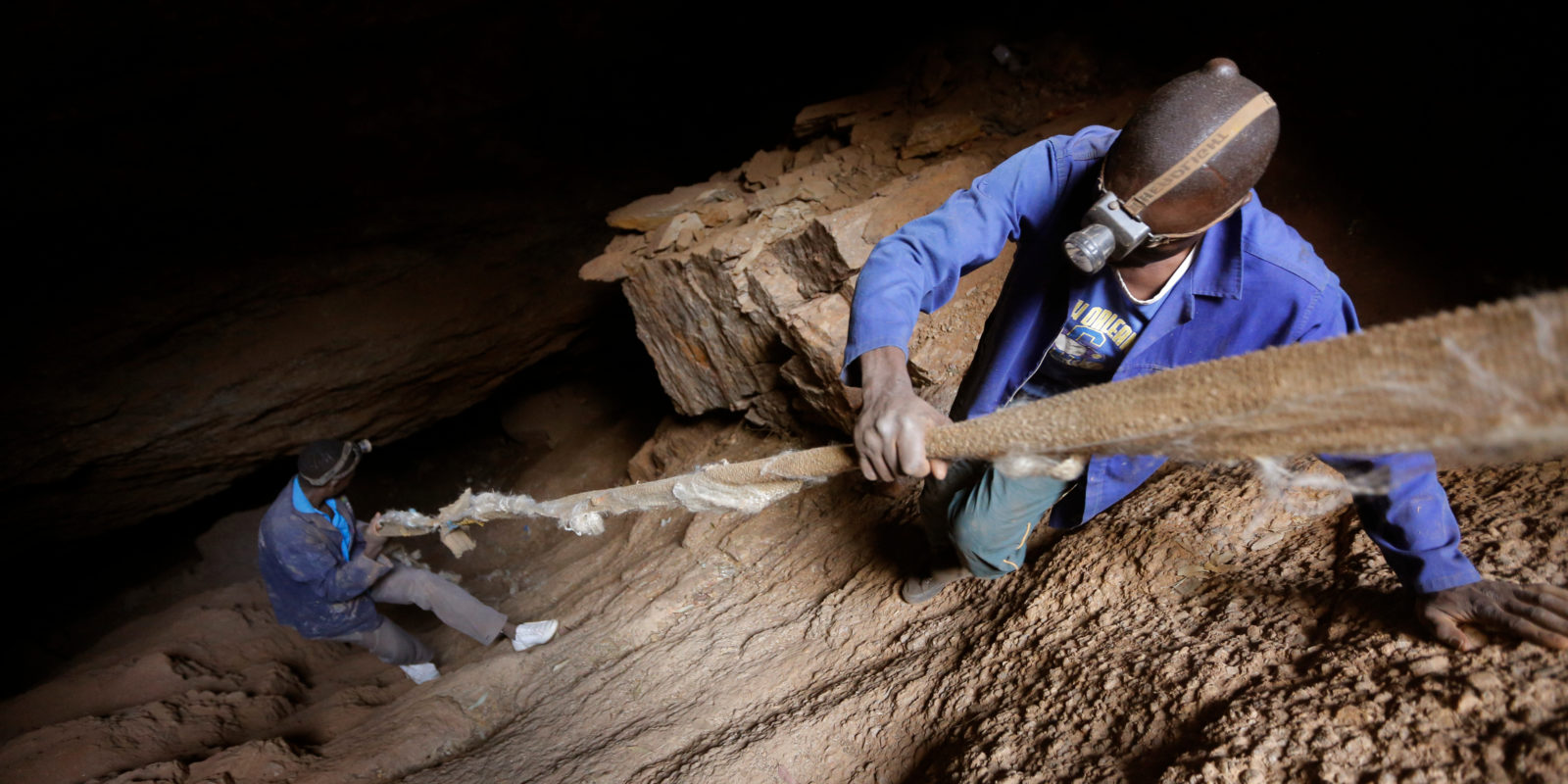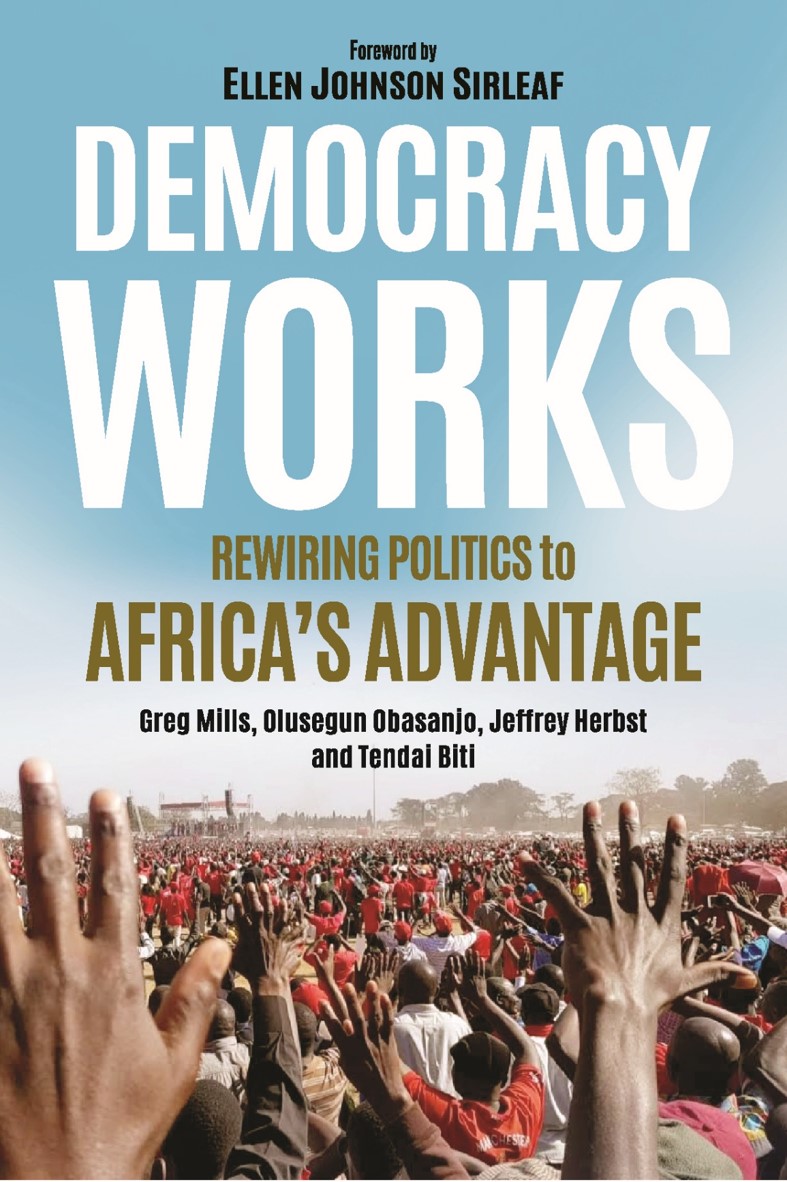News
Southern African Resource Watch and Zambia: What are they trying to achieve?
At a time when sensible people are trying to find common ground in improving the relationship between investors, communities and the government, the authors seem to be destructively intent on the opposite.

Read Edward Lange’s review of his own Southern African Resource Watch report, Living in a Parallel Universe: First Quantum versus the mining communities in Zambia, and one would believe that First Quantum, the largest investor in Zambia, was an evil extractor, not a long-term stakeholder.
The advantage of mining is that it can bring development through corporate taxation and income to communities from a resource which otherwise would be likely to remain dormant given the technical difficulties and cost of extraction at depth and in scale, processing and shipping. The advantage of getting private sector companies rather than public sector agencies to do this is one of efficiency, as the bitter experience of Zambia’s mine nationalisation shows. At the end of that sorry period, far from making a profit, it was costing the government $1-million per day simply to keep the mines open.
The challenge of mining, especially in poorly governed environments, is that this fiscal benefit depends on a reasonably efficient and ethical government, without which many of the tax benefits can be squandered. Achieving such an advantage also thus inevitably relies on having a corporate player interested in taking a long-term view, and one which is intent on investing in the communities in which it operates.
Read Edward Lange’s review of his own Southern African Resource Watch (SARW) report, Living in a Parallel Universe: First Quantum versus the mining communities in Zambia, and one would believe that First Quantum, the largest investor in Zambia, was an evil extractor, not a long-term stakeholder.
Yet it is the report’s authors who are living in a parallel universe in presenting such a shoddy piece of work which remarkably did not include an interview with the mine itself or even space for First Quantum to present its perspective. Perhaps that should be expected of a simple hatchet job riddled with factual inaccuracies and bogus assumptions.
The report begins:
“Instead of growing hope, Zambia’s Kansanshi mine’s corporate social responsibility programme is undermining the hope of poor communities. The mine does not attach significant importance to the economic and social transformation of mining communities, and most of the company’s corporate social responsibility activities reflect a total lack of seriousness in conceptualisation, design, financing, implementation, monitoring and evaluation.”
The mine’s 13-year history and the development trajectory of Solwezi suggests the contrary.
Before First Quantum arrived to invest in a defunct mine, Solwezi was one of the poorest towns in Zambia. To date, First Quantum has invested more than $5.7-billion in Kansanshi’s mine and smelter along with Sentinel Mine in Kalumbila. It has paid more than $3.3-billion in corporate taxes. More than that, it has created employment for 8,500 people.
If that’s not enough, the SARW report claims Kansanshi mine’s activities have negatively affected water and land, impacting on agriculture and food security.
This is hearsay. There is no empirical evidence for this allegation. Water is regularly tested. The Zambian Environmental Management Agency (ZEMA) has confirmed that Kansanshi is a zero-discharge mine.
The mine has also installed an automated monitoring and early-warning system to ensure the effluent remains within ZEMA’s requirements.
Far from Kansanshi negatively impacting food security, as is claimed, more than 30,000 farmers have received training from the mine’s foundation in conservation farming techniques that have helped, for example, to grow maize yields by 400% in the 2017/18 season.
The report notes that communities adjacent to the mine are convinced that the hand-pump wells or boreholes donated by First Quantum access heavily contaminated water given the proximity of tailing dams. This accusation is similarly baseless, as are those about the non-availability of land, air quality, failure to provide adequate educational and health facilities, and on and on.
Another howler asserts “Employees of Kansanshi say that a siren system alerts the Gold Mining Department (which is exclusively run by expatriates) whenever there are signs of gold underground, and immediately Zambians who are nearby are asked to vacate the area. They suggest that by excluding Zambians the company wants to hide information on the quantity and value of gold that is extracted.”
If they had asked First Quantum’s management, a simple enough process if you wanted to do so, they would have found out that the gold department is run by a Zambian manager with majority Zambian staff. Instead, they used this “revelation” to try to score a crude and divisive point: “It is not clear why the mine needs to employ expatriates in jobs for which Africans have the necessary skills and experience.”
Curiously, SARW has completely ignored any positive development.
“You need to search hard in each community to find Kansanshi’s investment,” says the report.
“All the villages have kept their original character – no running water, no electricity, no tarred roads, and no decent houses. No modernisation. No urban development.”
SARW may be funded by the Open Society Initiative, but they seem to lack an open mind and eyes.
At a time when sensible people are trying to find common ground in improving the relationship between investors, communities and the government, the authors seem to be destructively intent on the opposite. One can only wonder at what they hope to achieve.
This article was originally published on The Daily Maverick.



